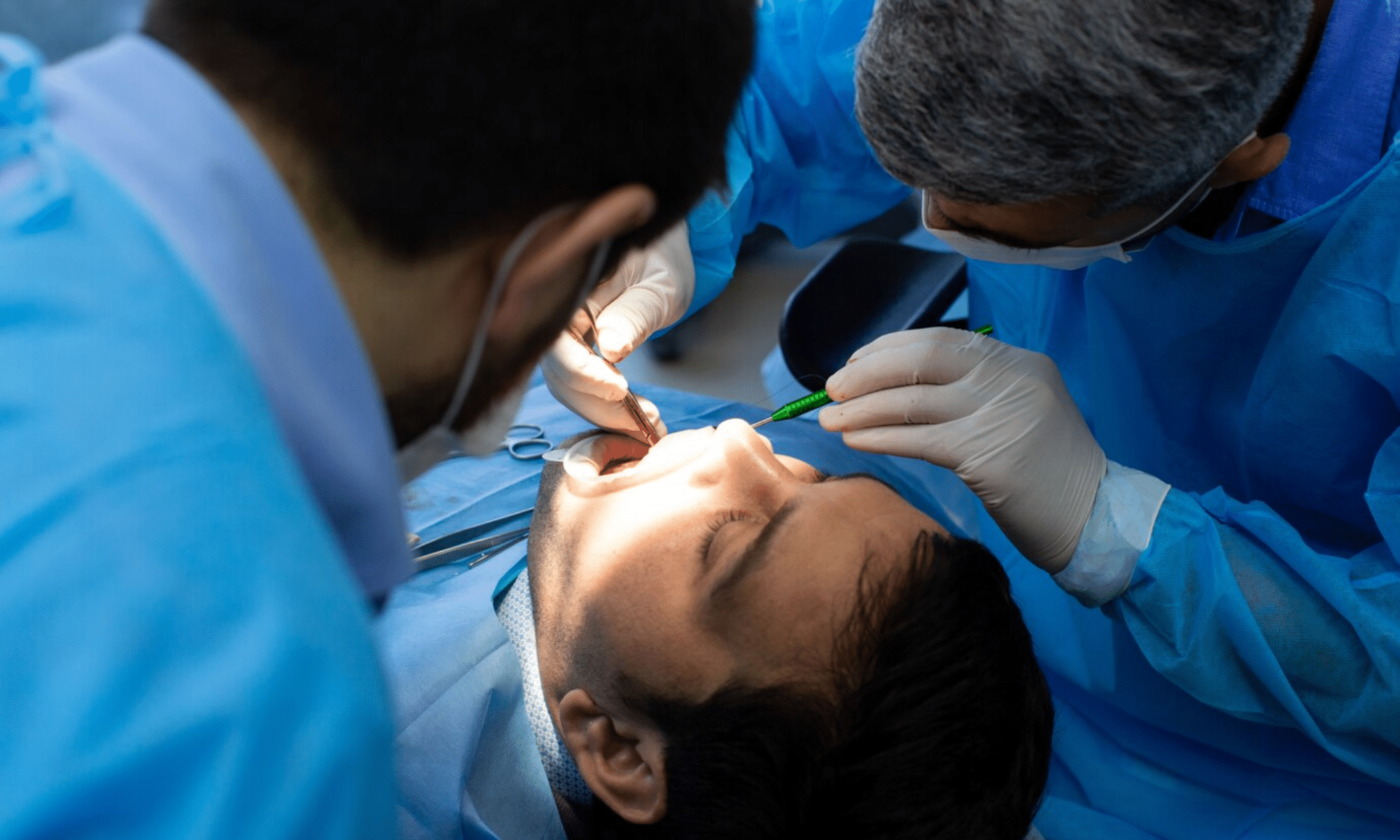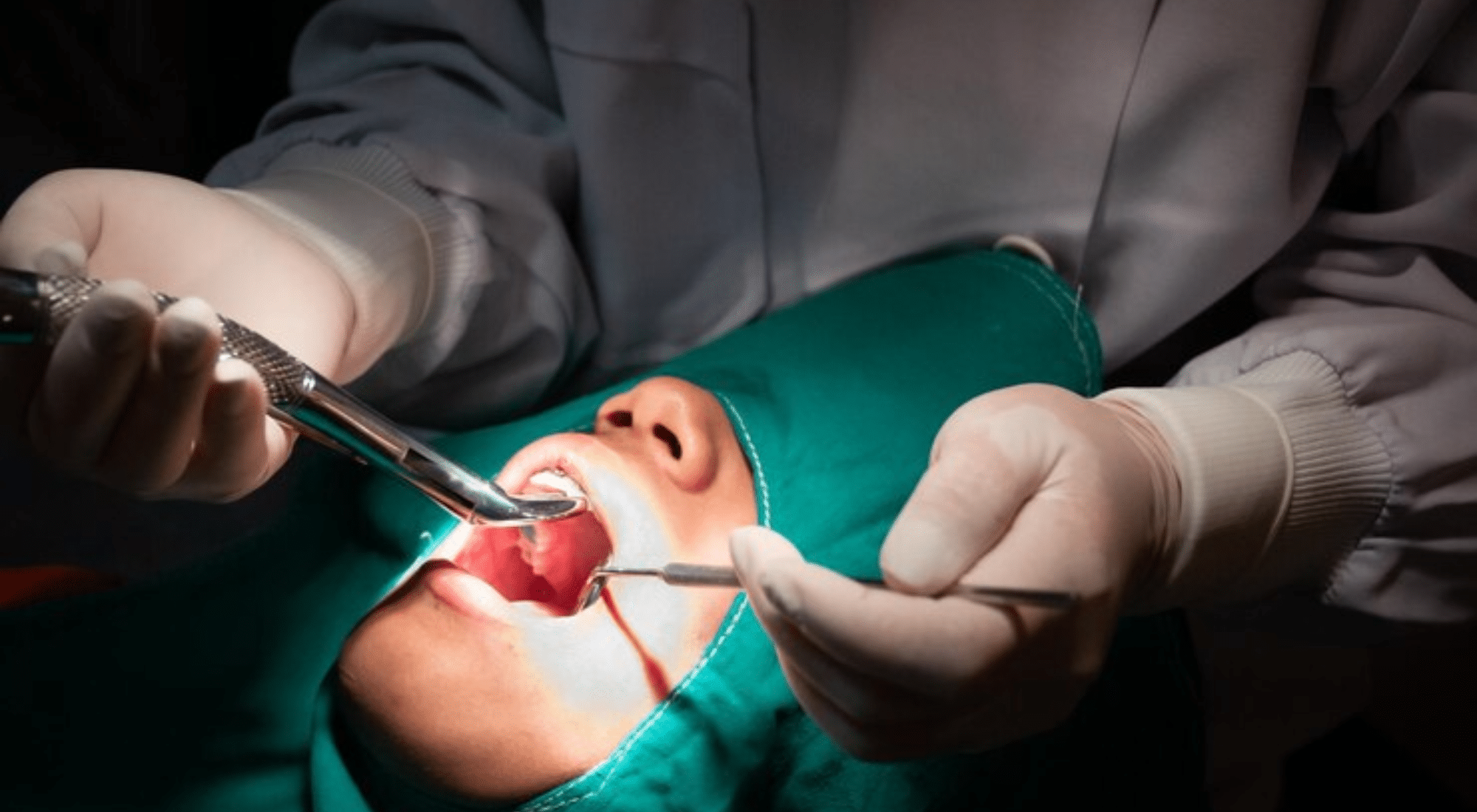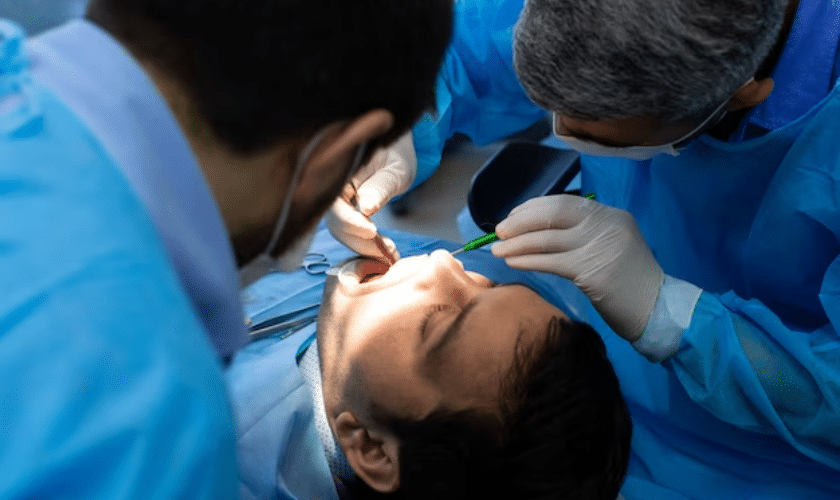
How to Stop Bleeding After Oral Surgery: Effective Tips and Techniques
Bleeding after oral surgery is a common concern that many patients face. Whether you’ve had a tooth extraction, gum surgery, or any other oral procedure, it’s essential to know how to manage bleeding effectively. In this comprehensive guide, we’ll discuss the causes of bleeding after oral surgery and provide practical tips and techniques to stop it safely.
Understanding the Causes of Bleeding After Oral Surgery:
- Surgical Trauma: During oral surgery, tissues in the mouth are manipulated, leading to trauma and subsequent bleeding.
- Blood Thinners: Patients taking blood-thinning medications may experience prolonged bleeding after oral surgery.
- Poor Blood Clot Formation: Insufficient blood clot formation at the surgical site can result in continuous bleeding.
- Infection: Infections can disrupt the healing process and lead to persistent bleeding.
Effective Techniques to Stop Bleeding After Oral Surgery:
- Applying Pressure: Gently bite down on a sterile gauze pad placed over the surgical site to apply pressure. Change the gauze pad as needed until bleeding subsides.
- Use of Ice Packs: Applying an ice pack to the outside of the face near the surgical area can help constrict blood vessels, reducing bleeding.
- Avoiding Strenuous Activities: Engaging in strenuous activities can increase blood flow to the surgical site, prolonging bleeding. Rest and avoid vigorous exercise until bleeding has stopped.
- Elevating the Head: Keeping the head elevated while resting can minimize blood flow to the surgical site, promoting clot formation.
- Avoiding Spitting and Rinsing: Spitting or rinsing forcefully can dislodge blood clots and disrupt the healing process. Instead, gently dab away saliva with a clean tissue.
- Using Tea Bags: Placing a moistened tea bag (such as black tea) over the surgical site can promote blood clotting due to the tannic acid present in tea.
- Avoiding Smoking and Alcohol: Smoking and alcohol consumption can impair healing and increase the risk of bleeding after oral surgery. It’s crucial to refrain from these activities during the recovery period.
- Following Post-Operative Instructions: Adhering to your dentist’s or oral surgeon’s post-operative instructions, including medication schedules and dietary restrictions, is essential for proper healing and minimizing bleeding.
When to Seek Professional Help:
While mild bleeding is common after oral surgery, persistent or excessive bleeding may indicate a complication that requires medical attention. Contact your dentist or oral surgeon if:
- Bleeding continues beyond 24 hours after surgery.
- Bleeding is profuse and does not respond to basic home remedies.
- You experience signs of infection, such as fever, severe pain, or swelling.
Bleeding after oral surgery can be concerning, but with proper care and attention, it can be effectively managed. By understanding the causes of bleeding and implementing appropriate techniques to stop it, patients can promote healing and reduce the risk of complications. Remember to follow your dentist’s or oral surgeon’s instructions closely and seek professional help if bleeding persists or worsens. With patience and proper care, you can navigate the post-operative period with confidence and ease.




